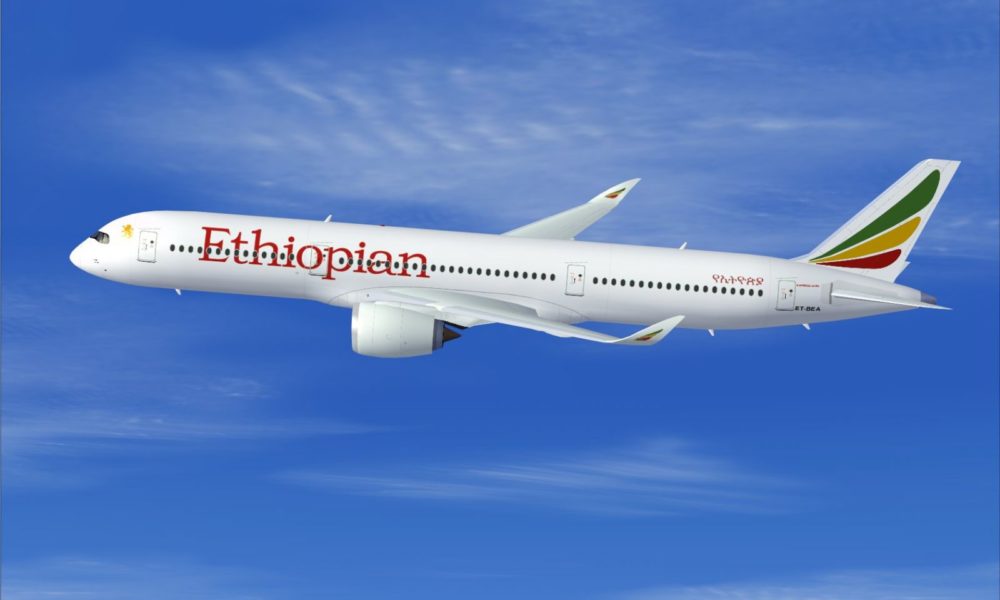Travel
African Airlines Soar with a 22.1% Surge in Passenger Demand, Despite Capacity Challenges

African airlines have reported a substantial 22.1% increase in Revenue Passenger Kilometers for November 2023 compared to the same period the previous year, according to data released by the International Air Transport Association (IATA).
While this surge underscores the industry’s ability to attract more passengers, capacity growth at 29.6% resulted in a 4.3 percentage point drop in the average passenger load factor to 69.7%, the lowest among regions.
Experts lauded the aviation sector’s robust performance in expanding passenger numbers and capacity, despite facing challenges such as fuel price hikes and currency devaluation.
In Nigeria, the Central Bank’s decision to devalue the local currency in June, coupled with a significant increase in aviation fuel prices, impacted the sector, leading to a rise in ticket prices.
Despite these hurdles, the President of the National Association of Nigerian Travel Agencies, Susan Akporiaye, affirmed that the travel demand in Nigeria remained high.
She noted that despite a more than 200% increase in airfares due to forex challenges, Nigerians, known for their travel-oriented culture, continued to explore domestic and international destinations.
The Ministry of Aviation highlighted that the industry lost approximately N21 billion monthly during the COVID-19 outbreak. Analysts suggest that a turnaround in the aviation sector might take until 2024.
IATA’s report also emphasized the importance of transitioning to sustainable aviation fuel for decarbonization as the industry steadily recovers from the impact of the pandemic.